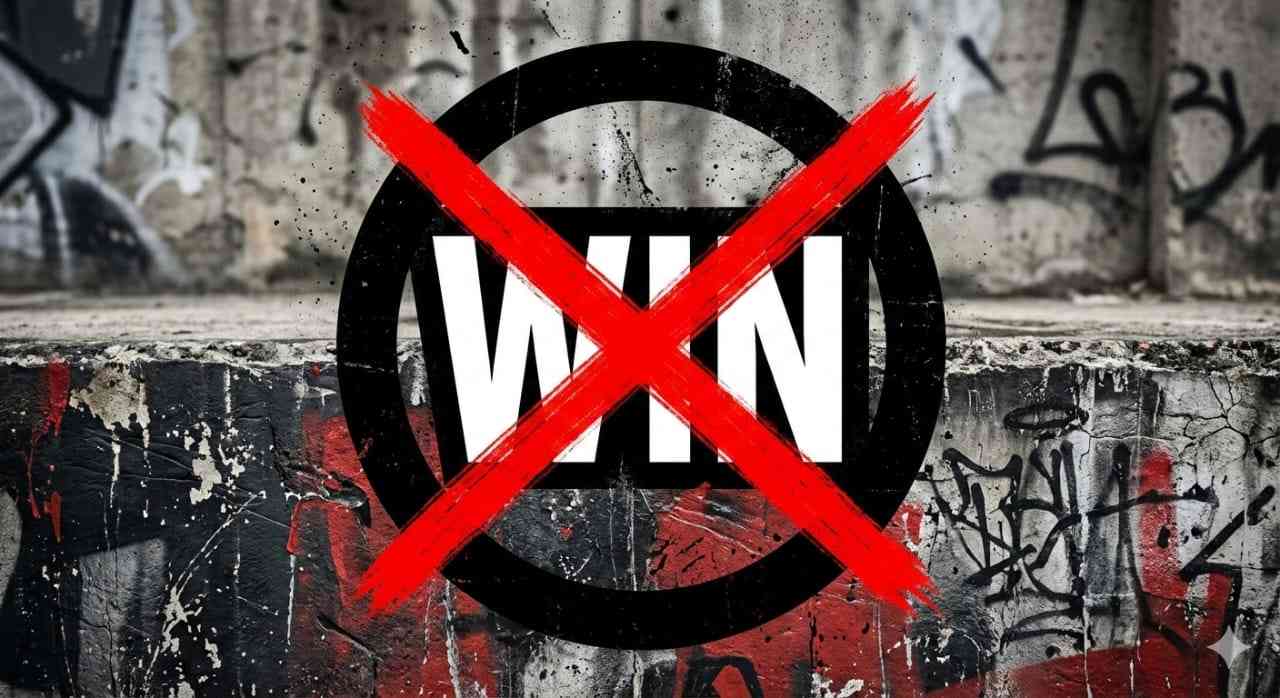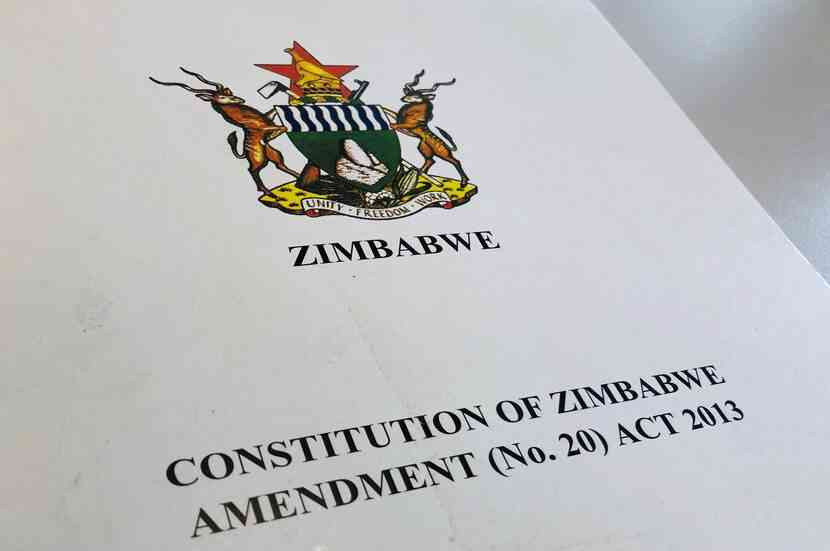
Southern Africa is in the throes of an El Niño-induced drought that has seen Zimbabwe, Malawi and Zambia declaring states of disaster and extending their begging bowels to the international community.
So dire is the situation that water levels in Zimbabwe’s Lake Kariba have plummeted to precarious levels; the drought has been reported to be the worst in four decades; and the country’s maize crop has been cut by a substantial margin compared to the previous season.
The El Niño weather phenomenon has brought a lot of misery to most farmers who rely on rain-fed water.
This drought has become a rallying point for the Southern African region in general and Zimbabwe in particular to intensify drought (and climate change) adaptation, resilience and mitigation measures.
Zimbabwe has a myriad of programmes, frameworks and policies to reduce the impact of drought and climate change, notably the country’s membership to international treaties and protocols such as the Paris Agreement, the Kyoto Protocol and the United Nations Framework Convention on Climate Change, among others.
Climate proofing agriculture has been on the country’s agenda for the past couple of years. Even the adoption of the Pfumvudza/Intwasa concept, which emphasises conservation and sustainable land use (and is renowned for its planting basins!), is a step in the right direction in the country’s quest to create a buffer against food shortages. Other programmes worth mentioning include the Presidential Input Scheme whose thrust is to improve food security by giving smallholder farmers input packs.
Though the nexus between the El Niño phenomenon and climate change has not been exhaustively explicated by scientists, it is worthwhile to note that the ability of a country to minimise the effects of drought and climate change cannot be overemphasised. For instance, Article 2(b) of the Paris Agreement makes it mandatory for Parties to increase the “ability to adapt to the adverse impacts of climate change and to foster climate resilience and low greenhouse gas emissions…”
This article argues that although Zimbabwe is undertaking various robust measures to manage droughts (and climate change risks); there is still spacious room for improvement.
- Minister bemoans shortage of schools
- BCC joins Green Cities initiative
- Drunkard kills church pastor
- DripSol’s one-stop-shop for farmers opens doors
Keep Reading
I still vividly recall the days of Basil Nyabadza and crew as they popularised the concept of growing traditional crops and small grains that are resilient to drought.
This concept has worked in some parts of the country that receive below normal rains, such as Chiredzi, Bhasera, Chivi and Chitsa in Masvingo Province, to name but just a few.
However, this year I sadly watched as my mother’s maize crops wilted in our Gutu area where we usually receive above normal rains.
If she had increased her hectarage of rapoko or introduced other drought-resistant crops like millet, maybe we would be talking of a bumper harvest but, alas, she stuck to her maize crop, which has wilted beyond redemption.
Water harvesting, the creation of water reservoirs (such as dams and weirs) and the drilling of boreholes can go a long way in averting the impacts of drought.
Irrigation has become the in-thing these days and it is high time the powers-that-be accelerated on-going projects to drill boreholes for vulnerable communities to improve their access to water.
Zimbabwe is in need of about US$2 billion to avert hunger emanating from the prolonged dry spell.
The authorities have gone a step further by declaring that no one should die from hunger, which is a notable pledge worth praise.
Indeed, food relief programmes that are non-partisan can be the panacea to the imminent hunger that most people face this year.
Access to food aid for all deserving people notwithstanding their political affiliations is a necessity as Zimbabwe (and the entire region) seeks to achieve the Sustainable Development Goals (SDGs), which – inter alia – advocate for the eradication of hunger and poverty.
Ipso facto, distribution of food along party political lines should not even be mooted as it is an affront to human rights.
The fast-track land reform programme, however noble it was in the country’s quest to redress past land imbalances, contributed to the distortion of Zimbabwe’s bread basket status.
There is, therefore, need to continuously capacitate the beneficiaries especially with regards to enhancing technical proficiency, mechanisation in general and irrigation infrastructure in particular to improve productivity and boost the country’s grain reserves during non-drought years.
Communication has been hailed in most quarters as the epoxy that glues a nation to the wheel of success.
This is even why the Paris Agreement on Climate Change puts so much emphasis on this concept (alongside transparency and peer reviews) where Parties are obliged to communicate and maintain their ambitious efforts known as Nationally Determined Contributions (NDCs).
In the wake of the El Niño drought, efforts undertaken by the responsible authorities in Zimbabwe to give early warnings are plausible.
However, I am of the opinion that communication and training should be enhanced at the grassroots level so that, for instance, smallholder farmers switch to small grains that are drought-resistant when all signs point to a debilitating dry spell such as the one we are currently experiencing.
Southern Africa is indisputably in need of strategies to save lives from hunger caused by the El Niño weather phenomenon.
What is clear is that going forward; the region should intensify efforts to ensure proactive adaptation, resilience and mitigation measures that leave no one behind despite their political affiliations.
*Canisio Mudzimu is a freelance writer, political commentator and climate change activist. He recently participated in the fully-sponsored University of Cambridge’s Paris Agreement, Sustainable Development and the Law short course. Canisio can be contacted at [email protected]











